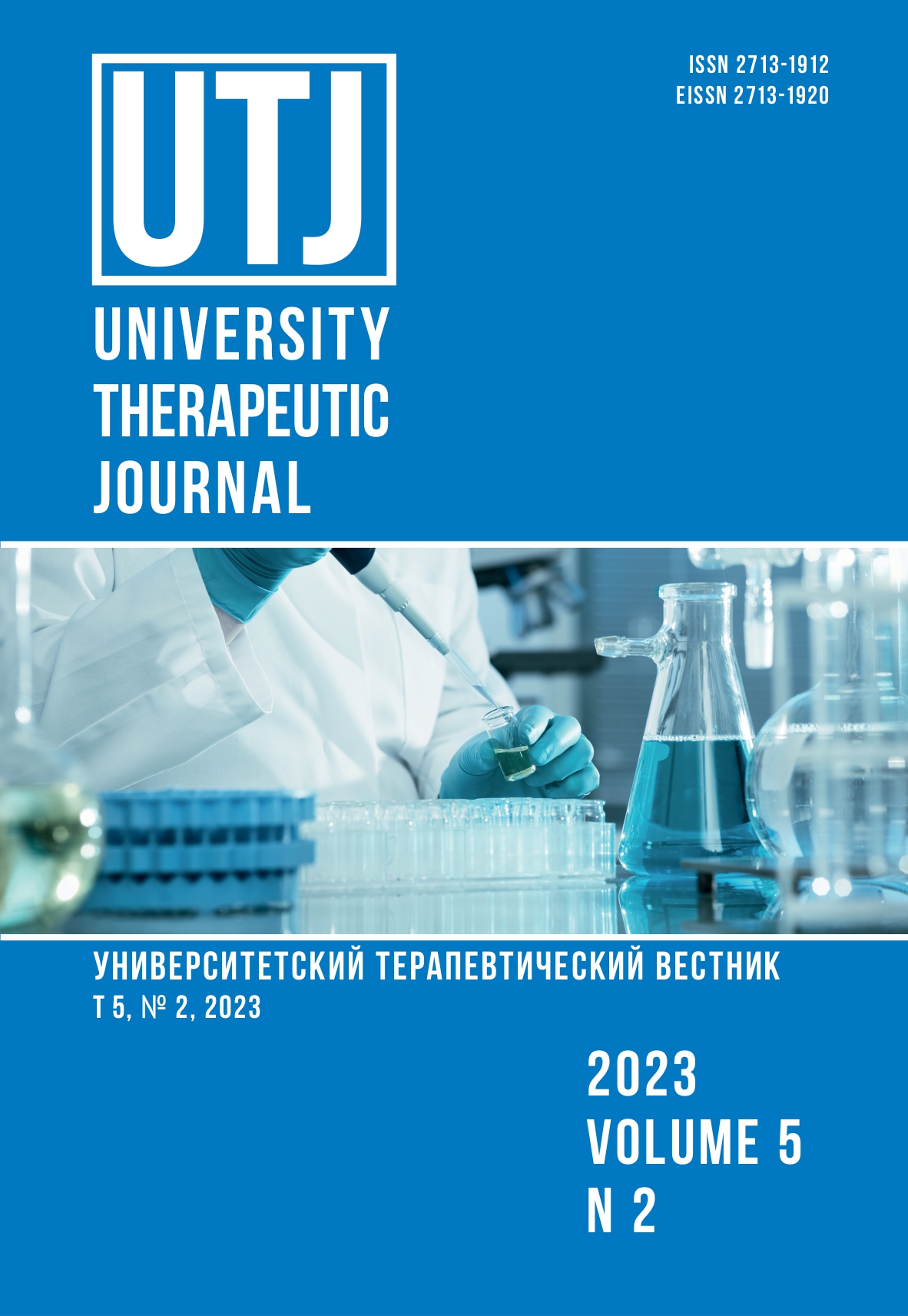ROLE OF LIRAGLUTIDE IN THE TREATMENT OF OBESITY IN CHILDREN
Abstract
The aim of the study. To evaluate the effectiveness of the drug liraglutide on the dynamics of body weight and cardiometabolic parameters in obese children aged 12–17 years. Materials and methods. 70 adolescents with varying degrees of obesity were examined. The state of carbohydrate and lipid metabolism, liver function, hormonal profile, and body component composition were studied using bioimpedance. The children were divided into two groups: the main group (50 people) and the comparison group (20 children). The patients of the main group received treatment with liraglutide, the comparison groups followed the recommendations aimed at lifestyle changes (rational nutrition and regular physical activity). Results. After 1.5 and 6 months from the start of drug treatment in the main SDS group, the BMI decreased by 0.25 and 0.4, in the comparison group — by 0.25 only after 5 weeks, and after 6 months the indicator returned to its original value. The weight loss of children receiving liraglutide was accompanied by a decrease in fat mass and its proportion. Children who did not receive the drug lost weight due to a decrease in musculoskeletal mass and fluid in the body. In 80% of patients, when using pharmacotherapy, there was an improvement in cardiometabolic parameters. Conclusion. The high efficacy of the drug liraglutide is associated with the mechanism of its action, i.e. normalization of the appetite regulation system. This contributed not only to a decrease in body weight, but also to the retention of the achieved result.


